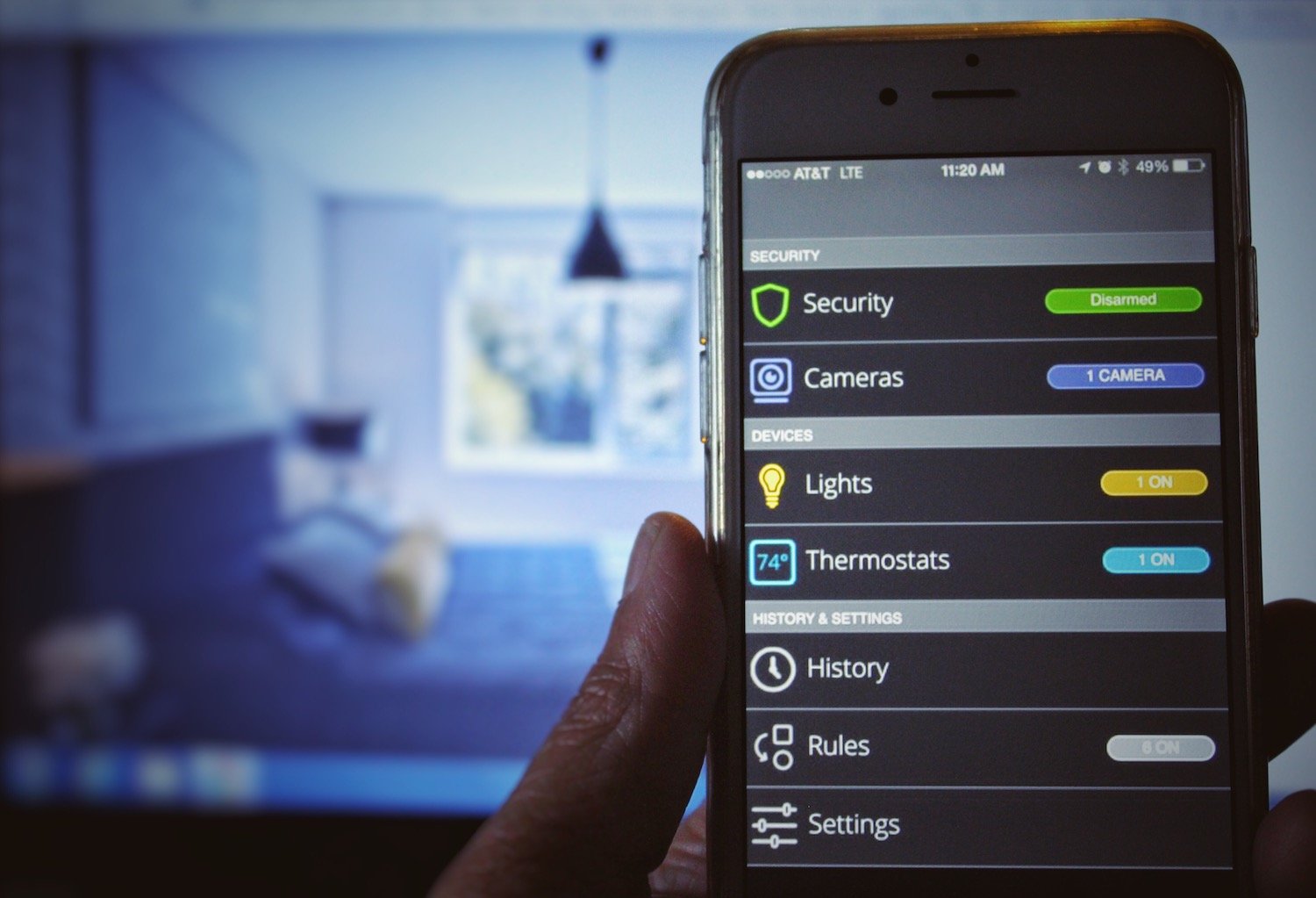The age of autonomy requires new thinking on how we manage privacy

We’ve recently concluded a global consumer study on privacy and location data, and the results provide us strong indicators for the things that must change to enable an emerging Autonomous World.
We are a location intelligence company. Therefore, it is essential that we persistently seek to better comprehend the complex topics of how location intelligence is managed, and people’s attitudes toward privacy. We can assume that most people in the connected world consider location data related to them to be synonymous with personal data. It is the deeper thoughts behind that consideration that we desire to better understand.
Our study surveyed more than 8,000 people from 8 countries, with additional in-depth interviews with both consumers and subject-matter experts on location and data privacy. The cross-section of the population surveyed was broad, and the results are clear.
People do not generally trust that services collecting their location data will handle that data appropriately.
If the world is to embrace connected services like autonomous cars, drone deliveries and more, the people and businesses of the world are going to have to fundamentally rethink the issue of transparency in how location data is collected and used.
80% of those surveyed lack confidence in how businesses handle location data, and 84% of people do not trust that laws and regulations will effectively ensure that their location data is not intentionally misused. To be brief: sharing location data raises feelings of anxiety and vulnerability, invoking fears of theft, spying or personal harm.
These topics were present in mind during the time that those surveyed answered our questions. Nevertheless, only 22% of people surveyed check and update their location data settings proactively. Even among those that self-identify as ‘tech savvy’, only a third are likely to regularly check their location privacy settings. If it’s out of sight, it’s out of mind.
This leaves room for a scenario where upon installing an application, a user may grant permission for the app to access location data. Later, when that app is automatically updated, it could grow more aggressive and less thoughtful in how it gathers and handles information — leading to a point where the user has no awareness of what data is being collected, and how it is being used.
Indeed, 44% of those surveyed were surprised to find they were actively providing location data with a larger number of apps than they were aware of. This is not to say that our app-gone-wild scenario is happening all the time. However, it’s clear that it could happen — and consumers have an inexact awareness of that possibility. So, what are they doing about it?

In the current landscape, managing privacy is too difficult
It’s too confusing, too time-consuming and too difficult to manage location data settings. 69% of those surveyed feel they are unable to easily withdraw access or change their location privacy preferences most of the time. When people feel that the provided options have grown overly complex, they will seek out their own solutions to manage privacy. 35% of people surveyed have found that solution – they shut down location sharing completely.
In the world of defining frictionless user interfaces, this is the option that makes the most sense. Is a user more likely to read through the terms and conditions with every update, re-check permissions, and dig through menus to set things as they want them for each application they have? Or will they use a simple switch that slams the door on all data – only allowing it to open briefly when they have no other choice?
Changing minds means changing how we handle privacy
Control and transparency are the first steps for building consumer confidence in sharing location data. As we’ve indicated already, only 20% of people feel they have full control over their location – the interfaces and disclosures make the exchange of information opaque. 70% would allow access if they could more easily change their settings, withdraw access and delete their history on demand.
This same idea — empowerment increases willingness to share — also goes for transparency. 75% of consumers aren’t clear on what happens with their data once an application has collected it. 65-68% of users would openly and willingly provide access if they knew (and approved of) why that data is needed, what it’s used for, how it is protected and that it can be systematically deleted.
The fact that is not at all surprising is that consumers are most willing to share data when there is a clear and evident benefit. This is demonstrated by those respondents who turn off location sharing as a default, but turn it on when they need to hail a ride, find movie tickets, or map a route to a restaurant.
As our digital era continues, those types of services will grow ubiquitous. Drones will need to find us to deliver our lunch while it’s still hot. Autonomous cars will need to know where we are, where we’re going and will need to be paid to get us there.
Services will need real-time machine-to-machine communications, and where personal data is involved, people will need simple, transparent means of controlling what data is shared in those communications. Otherwise, we’re slamming the door on the autonomous world of the future.
Have your say
Sign up for our newsletter
Why sign up:
- Latest offers and discounts
- Tailored content delivered weekly
- Exclusive events
- One click to unsubscribe


